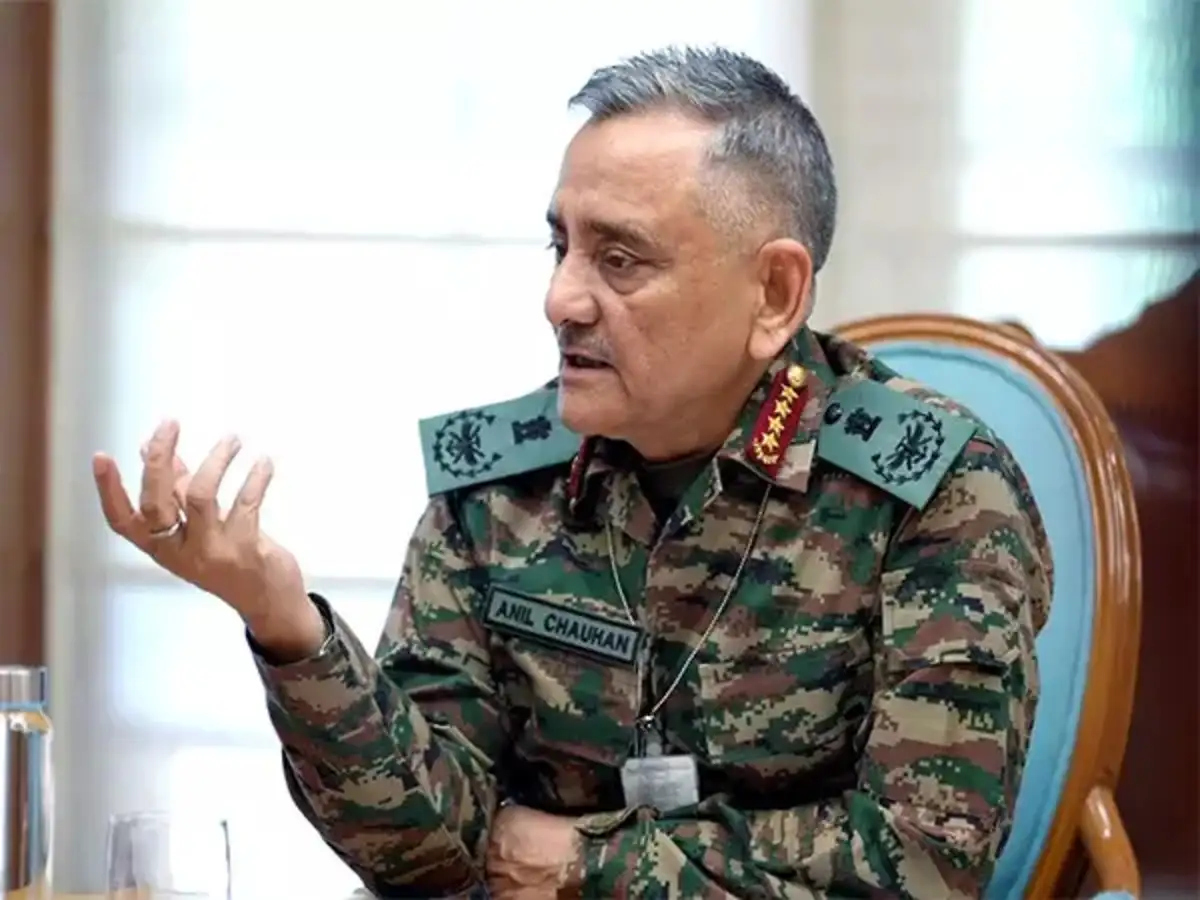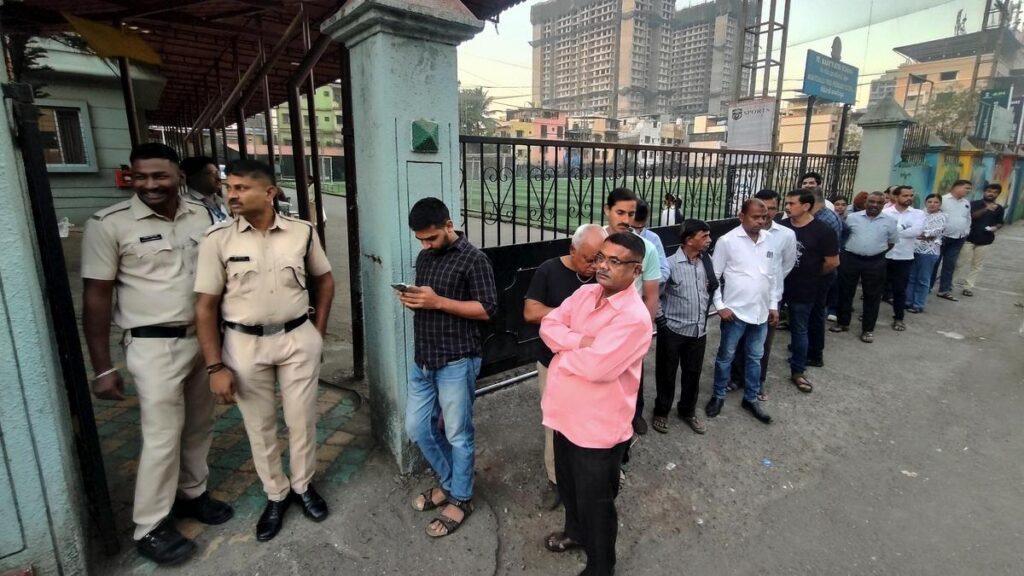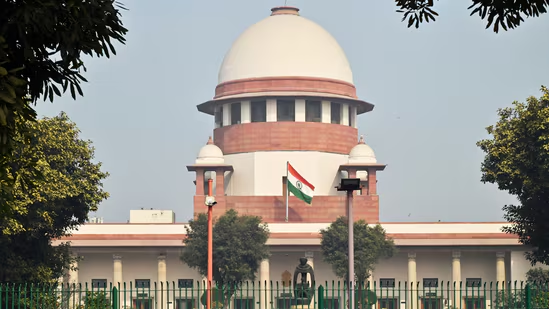Now Reading: India’s Strategic Posture on Pakistan: CDS Gen Anil Chauhan’s Statement at Shangri-La Dialogue
-
01
India’s Strategic Posture on Pakistan: CDS Gen Anil Chauhan’s Statement at Shangri-La Dialogue
India’s Strategic Posture on Pakistan: CDS Gen Anil Chauhan’s Statement at Shangri-La Dialogue

In a firm and clear statement, Chief of Defence Staff (CDS) General Anil Chauhan reiterated India’s uncompromising stance on cross-border terrorism during the Shangri-La Dialogue in Singapore. Addressing global leaders and security experts, Gen Chauhan stressed that India no longer believes in waiting for international intervention when it comes to terrorism originating from Pakistan. His remarks reflect a sharper strategic posture by India in dealing with national security threats.
India’s Strategic Shift in Dealing with Terrorism
General Chauhan’s statement — “A good terrorist is a dead terrorist” — underscores a shift in India’s long-standing approach to Pakistan-sponsored terrorism. Instead of relying on international platforms like the United Nations for action, India has increasingly taken direct measures to counter terror threats, both diplomatically and militarily.
This marks a move from reactive diplomacy to proactive deterrence, particularly in the aftermath of incidents like Uri and Pulwama. The Balakot airstrikes in 2019 and other cross-border operations have demonstrated India’s evolving strategy.
Why the Shangri-La Dialogue Matters
The Shangri-La Dialogue is one of Asia’s most significant defence summits, drawing participation from over 50 countries. General Chauhan’s remarks on this platform were not only directed at Pakistan but also served as a broader message to the international community about India’s security priorities.
By speaking at such a high-level event, India is positioning itself as a serious player in the Indo-Pacific region, particularly at a time when global geopolitics is witnessing a shift, including rising concerns over China’s assertiveness and regional instability.
Relevance for Tier-2 Cities and Border Regions
India’s security posture directly impacts Tier-2 cities, especially those in border states like Punjab, Jammu & Kashmir, and parts of Rajasthan. These regions have historically borne the brunt of cross-border infiltration and violence. A stronger national defence approach ensures more stability, development, and confidence among local populations.
Additionally, smaller cities with growing infrastructure like Jammu, Pathankot, or Jaisalmer are increasingly becoming strategic hubs, making national security a matter of local concern as well.
Balanced Approach or Escalation?
While General Chauhan’s remarks reflect strength, some analysts caution against further escalation of rhetoric. There is always a risk of strained diplomatic ties worsening the situation, especially with a nuclear-armed neighbour like Pakistan.
However, others argue that the international community’s delayed or insufficient response to state-sponsored terrorism leaves India with limited options. The doctrine of “zero tolerance” is now becoming a strategic necessity rather than a political slogan.
Conclusion
General Anil Chauhan’s direct and unambiguous message at the Shangri-La Dialogue signals India’s evolving defence outlook in a turbulent regional landscape. With Pakistan-based terrorism remaining a key threat, India’s decision to act on its own terms marks a defining moment in its security doctrine.
As India continues to grow economically and assert itself on global platforms, its stance on terrorism and national security will remain under close watch — both within its borders and beyond.

























